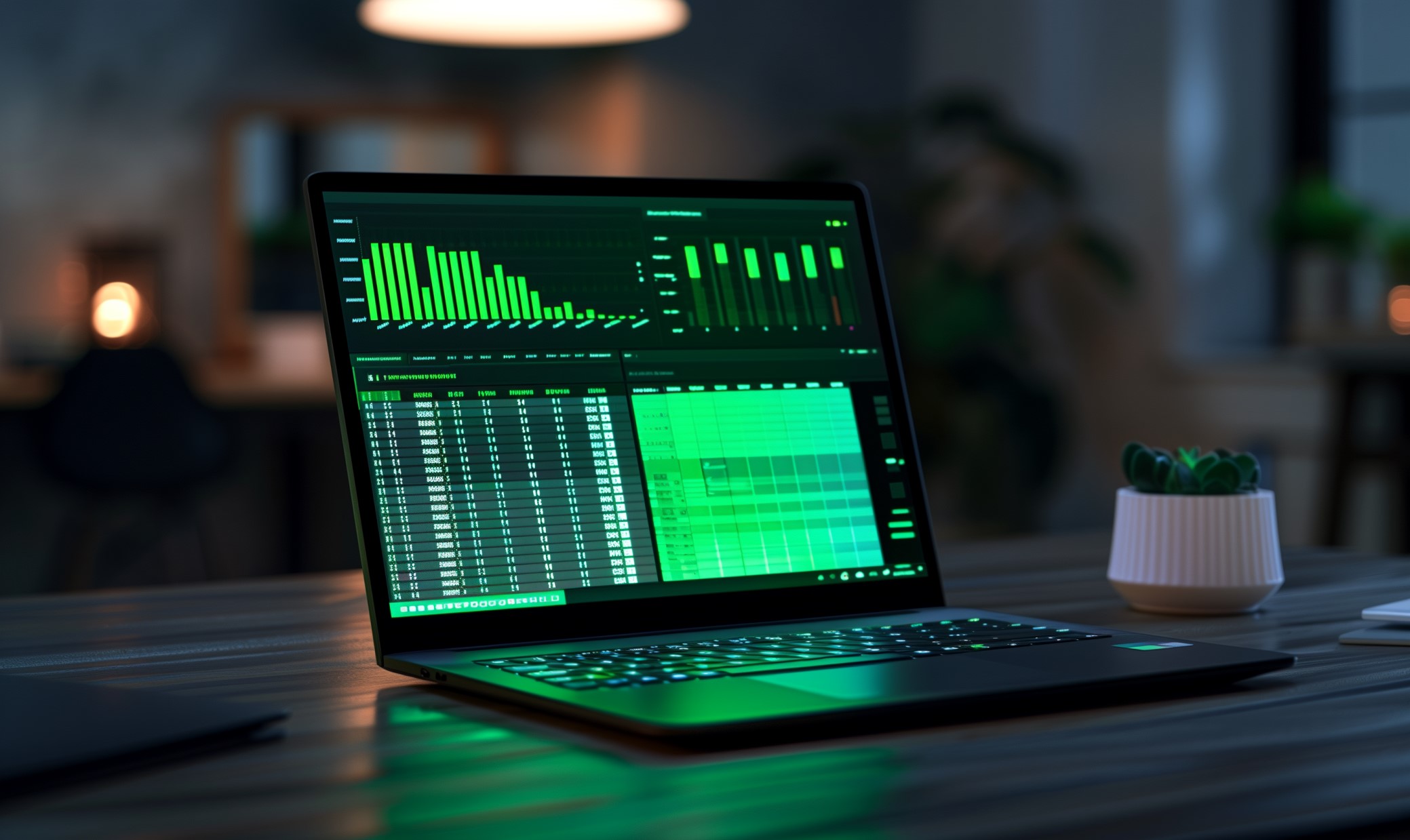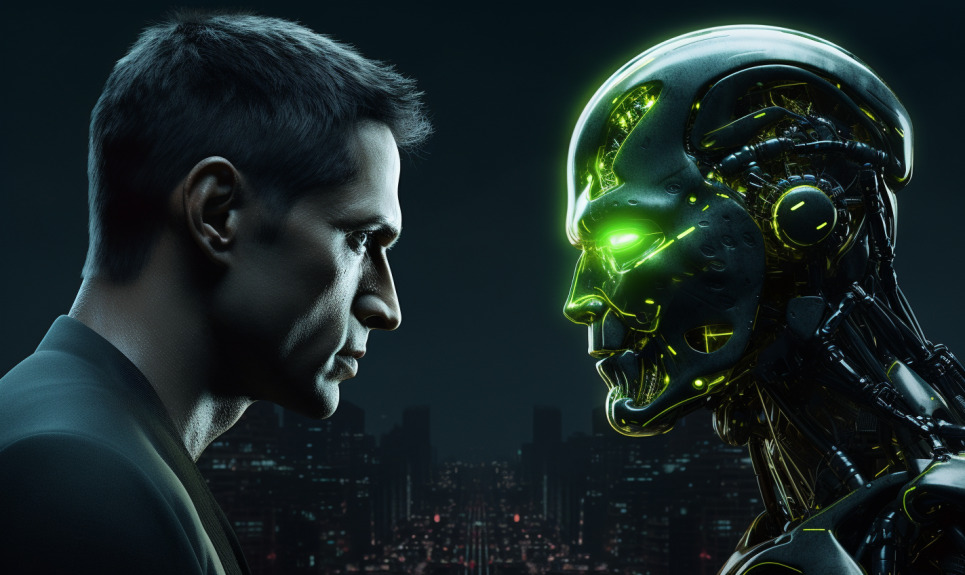Although the music industry has some examples of so-called “overnight sensations” who became famous for writing tunes that captured the hearts of people around the world, most of the artists who dominate arenas, streaming charts and airwaves have dedicated teams of people behind them.
For example, Beyoncé, Rihanna and other pop superstars often get their hits from songwriting camps, where dozens of top writers come together and make musical magic for these chart-toppers. This approach is nothing new, but the music industry must rapidly evolve to accommodate changing tastes.
People in the music industry commonly specialized software for mixing songs, creating beats and creating other effects for memorable outcomes. Could they depend on machine learning music composition options soon, too?
An Australian Team Wins a Song Contest With Help From Machine Learning
The Eurovision Song Contest is an annual competition where musicians — primarily from European countries — compete to win the admiration of fans and judges and become that year’s champion. In May 2020, there was an artificial intelligence (AI) version of the event. The 13 teams participating used that technology to make their musical masterpieces.
Since machine learning — a subset of AI — gets better with experience that comes from exposure to information, each team used both existing and new data to create the songs. Uncanny Valley, a music tech collective from Australia, emerged as the winners.
The group trained their machine learning algorithms on data from past Eurovision tunes to develop the melody and lyrics. They then added audio samples of Australian animals, including Tasmanian devils and koalas, into the mix. Drawing attention to the devastation caused by the Australian bushfires was one of the goals for the tune.
The Magenta Project Explores What’s Possible in Machine Learning Music Composition
As the example in the previous section shows, writing songs with machine learning is not a far-fetched idea. It can pay off when done right. The option is still in the early stages, though, and it could be years before machine learning music creation becomes the norm.
Magenta is an open-source resource project dedicated to applying machine learning to songs and other forms of artistic expression. The advancements made within it could encourage more artists to see how machine learning might bolster their careers.
Existing initiatives under the project’s umbrella focus on creating “palettes” to assist people with blending musical loops and scores or depending on machine learning to make wholly new sounds.
Some People Prefer Machine Learning-Created Songs to Human-Made Ones
Machine learning outperforms humans with some technical tasks, such as spotting cancer in medical imaging data or recognizing traffic abnormalities on a computer network.
Event ticketing site TickPick researched to see if it could also surpass humans when engaging in a soulful exercise — writing a song. The company trained machine learning algorithms for 5-12 hours, and each one made more than 100 genre-specific tunes.
Part of the study asked people to pick the best lyrics from a group of four options — three written by humans and one made with AI — based on specific attributes.
For example, AI wrote the snippet “the clouds will reveal what I mean,” and TickPick’s data showed that 65% of respondents agreed it was the most creative option. However, when people picked the lyrics they liked best overall instead of judging them on a particular characteristic, most preferred human-written words.
When listening to certain rock lyrics, only 13.1% of people takig part correctly identified them as composed by computer algorithms. Most thought bands like Nirvana and My Chemical Romance were behind the effort.
Rap songs proved the most challenging for the machine learning algorithms — likely because they often have unusual syntaxes. Many of the AI-made rap lyrics proved nonsensical — though the algorithms added expletives — a frequent feature of many hits in the genre.
Machine Learning to Supplement the Songwriting Process
Most companies using machine learning don’t let the algorithms perform without supervision on the first day. Instead, humans observe the technology for weeks or months and have the final say on a suggested action.
Taryn Southern, a musician, online personality and former “American Idol” contestant, did something similar to make an album. AI handles much of the process, but only alongside Southern, who contributed to each song’s progression. She said the approach was fun and helped her feel inspired.
Southern uses several AI platforms and views them as powerful partners, not replacements for her insights.
Fascinating Possibilities
Machine learning music composition undoubtedly has potential. If its adoption rate increases, record label executives may decide that AI plays a definitive role in a song’s success. That’s especially likely if a company has a short timeframe, and the algorithms previously proved valuable for assisting with writer’s block or other obstacles.
Recent Stories
Follow Us On
Get the latest tech stories and news in seconds!
Sign up for our newsletter below to receive updates about technology trends














